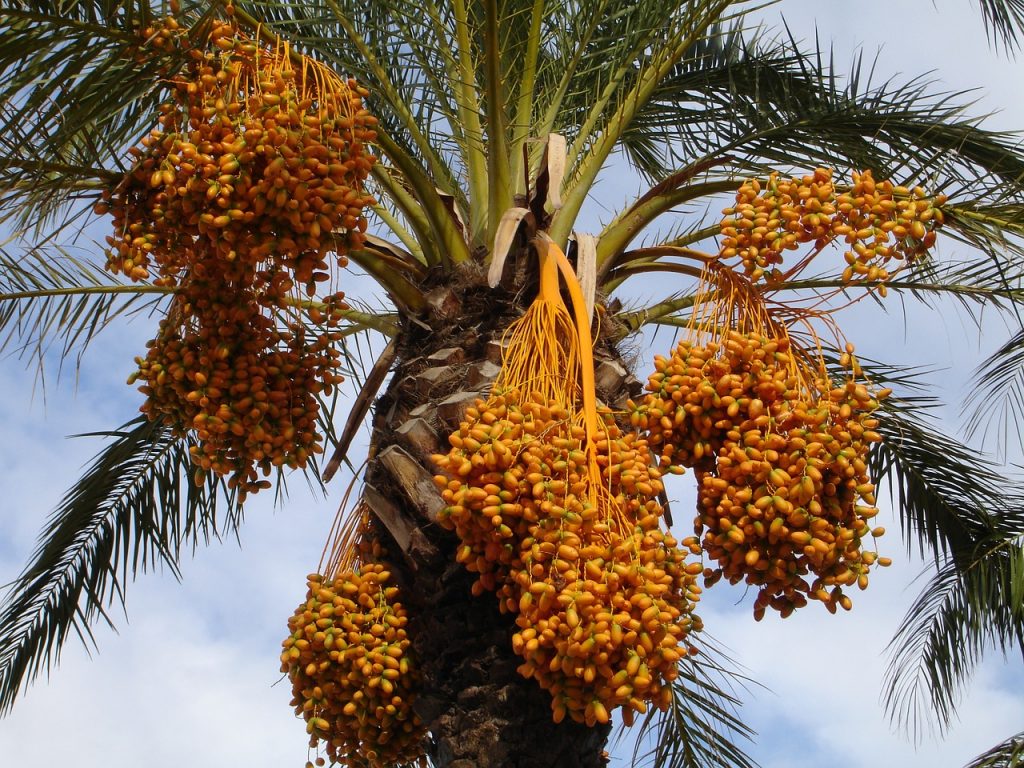One health – human, animal, environmental and plant health
Ahead of One Health Day tomorrow (3rd November 2018), Robert Taylor, CABI’s Editorial Director, explores the relationships between human, animal, environmental and plant health… The ‘One health’ initiative launched in 2007 was designed primarily to break down the barriers between human and veterinary medicine, particularly for dealing with zoonotic diseases. The link between BSE and…
‘Digging deep’ to strengthen the potato value chain in Pakistan
CABI in Pakistan, under its ACIAR-funded ‘Strengthening Vegetable Value Chain in Pakistan’ (SVVCP) project, is committed to improving the value chain of vegetables for smallholder farmers so they can improve their livelihoods. Dr Babar E. Bajwa, Project Leader, reports on the progress being made so far… Potato is a major crop in Pakistan with great…
Embracing ‘stakeholder interaction’ for better business strategy and integration in Pakistan
Dr Umair Safdar, Development Communications Executive at CABI in Rawalpindi, Pakistan, looks at ‘stakeholder interaction’ for better business strategy and integration in Pakistan through the cluster-based Agricultural Transformation (CDBAT) Project… Stakeholders strongly influence a project’s success, particularly for complex projects with heterogeneous stakeholders. Therefore, understanding their influence is essential for project management and implementation.
Did I really eat that?
There’s been a thing on social media for a while of photographing what you’re about to eat – whether it’s to brag about what fancy restaurants you go to or to show off your cooking skills, with hashtags such as #Eatingfortheinsta, #foodie and #foodporn. But food photography could play a useful role in helping dietitians…
World Food Day 2018 – Feeding our appetite for food security
By Dr Dennis Rangi – Director General, Development at CABI based in Nairobi, Kenya On this World Food Day 2018 the issue of feeding the world has never been in sharper focus. By 2050, agriculture will need to produce almost 50 percent more food, feed and biofuel than it did in 2012 just to meet…
Exciting imaginations: New media formats to reach women and young people with agricultural extension messages
Campaigns create greater equality of access to information across farming households, but formats are as important as channels, argue Duncan Sones of the Africa Soil Health Consortium (ASHC) delivery team… The ASHC campaign-based approach explored the use of a variety of channels to build multiple media campaigns. ASHC has been testing the hypothesis that the…
The impact of invasive species on human health
By Giuseppe Mazza and Elena Tricarico, Università degli Studi di Firenze, Italy Invasive species are becoming a popular topic in newspapers: when articles appear, they mainly report the damages invasive species can cause to our ecosystems (e.g. reduction or disappearance of native species as well as habitat modification) or to our economic activities: fishing or…
CABI hosts the Common Framework volumes developed by the Tropical Agricultural Platform
Now freely available on the CABI.org website, the Common Framework on Capacity Development for Agricultural Innovation Systems produced by the Tropical Agriculture Platform. TAP is a coalition of more than 40 partners, initiated by the G20 in 2012. Its main focus is the development of national capacities for agricultural innovation. By helping to bridge the…
Making progress on the biological management of Red Palm Weevil at KhairPur – Sindh
By Riaz Mahmood and Naeem-ul-Haq, CABI Central and West Asia (CWA), Rawalpindi Date palm (Phoenix dactylifera L.) is of high economic importance for livelihood for hundreds of farmers families in Pakistan. Fruit and tree parts are of many uses. Date palm trees are spread over 98,000 hectares across Pakistan making it the fifth largest date…
Dr Rob Reeder goes ‘bananas’ about pests and diseases on the Urban Farm Podcast
Plant pathologist Dr Rob Reeder has this week spoken to Greg Peterson of the US-based Urban Farm Podcast about how the global supply of bananas (particularly the Cavendish variety) could be put at risk from a three-pronged attack of pests and diseases. In the podcast, Dr Reeder reveals the reasons why the fungus known as…






